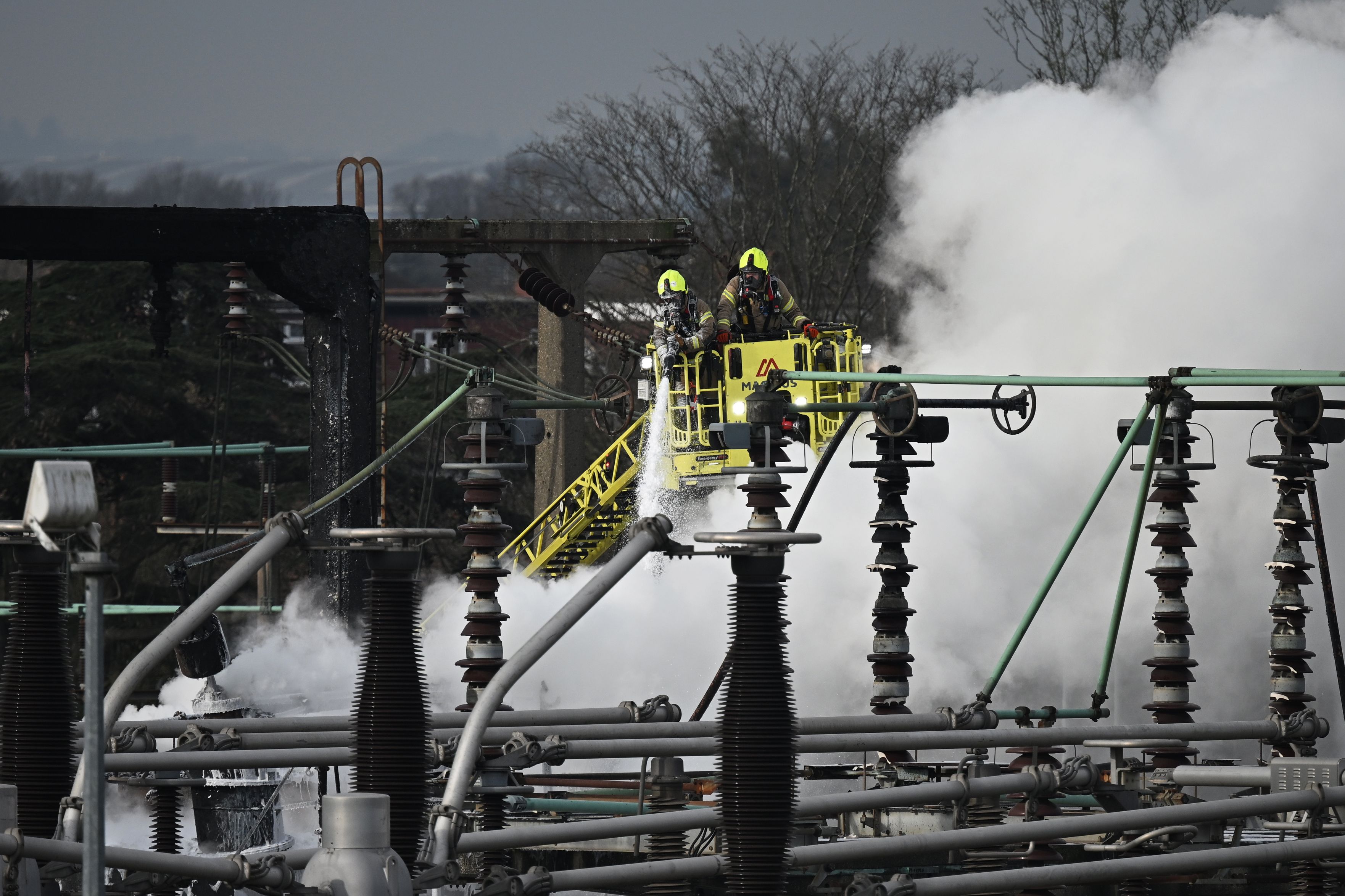
Heathrow Airport Shutdown Sparks Global Travel Chaos and Massive Financial Losses
Hey everyone, let’s talk about the major crisis unfolding at Heathrow Airport right now. If you haven't heard, the airport has been completely shut down due to a fire at an electrical substation, and the ripple effects are nothing short of catastrophic. We're talking about canceled flights, stranded passengers, financial losses running into the hundreds of millions, and a logistical nightmare for airlines worldwide.
To put things into perspective, Heathrow isn’t just another airport—it was the world’s fourth-busiest airport in 2023, handling a record-breaking 83.9 million passengers last year. When an airport of this scale goes offline, the disruption extends far beyond its terminals. Airlines, businesses, and entire communities that rely on its operations are feeling the impact.
As of early Friday, hundreds of flights to and from Heathrow have been either canceled or diverted. According to aviation analytics firm Cirium, this could affect over 145,000 passengers. Just imagine the sheer volume of travelers stranded, forced to change plans, or reroute through other airports. It’s chaos, and it could take days—if not weeks—to resolve.
Also Read:- Today's Wordle #1371: Hints, Clues, and Answer for March 21
- Stranger Things Season 5: The Emotional Finale We've All Been Waiting For
Shukor Yusof, an aviation expert from Endau Analytics, says the losses could reach “hundreds of millions of pounds.” But it’s not just about airlines losing money—there’s an entire ecosystem of people affected: airport workers, retailers, cargo firms, jet fuel suppliers, and more. When a hub like Heathrow grinds to a halt, it sends shockwaves through the entire industry.
Airlines are scrambling to minimize the fallout. British Airways is rerouting flights to other UK airports and advising passengers to stay away from Heathrow for now. United Airlines had to divert or turn back multiple flights, while Singapore Airlines rerouted flights to Frankfurt and Paris. Other major carriers, including Air India, Qantas, and Cathay Pacific, have also been forced to cancel or reroute flights.
Investors are feeling the pinch too. Shares of major airlines have taken a hit, with British Airways’ parent company, International Airlines Group, dropping as much as 5% before recovering slightly. Lufthansa and Air France-KLM have also seen stock declines, while Qantas shares fell by 2.4%. Analysts believe the biggest immediate cost for airlines will be compensating stranded passengers, adding to their financial burden.
So, what’s next? The top priority right now is damage control—getting operations back on track and ensuring affected passengers have alternative travel options. But given the scale of this disruption, we could see lingering effects well into next week.
For now, if you’re planning to travel through Heathrow, the best advice is to stay updated with your airline, check alternative routes, and brace for potential delays. This is a developing situation, and we’ll have to wait and see how quickly the aviation industry can recover from one of its biggest disruptions in recent history.
Stay tuned for more updates!
Read More:


0 Comments